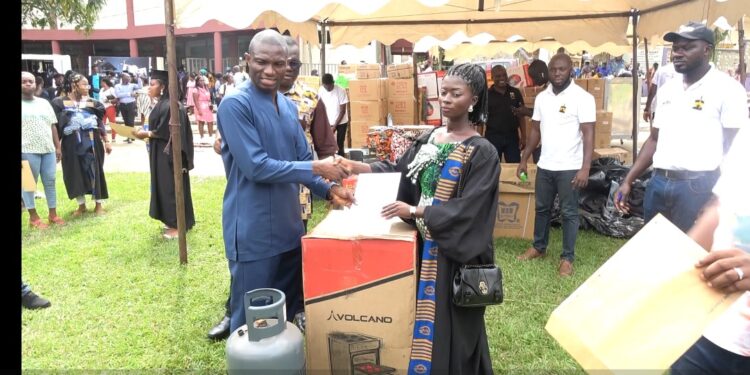Three hundred and eighty-nine (389) artisans drawn from various districts in the Ashanti region have received training in their respective fields through the GNPC Foundation and the Aseda Foundation.
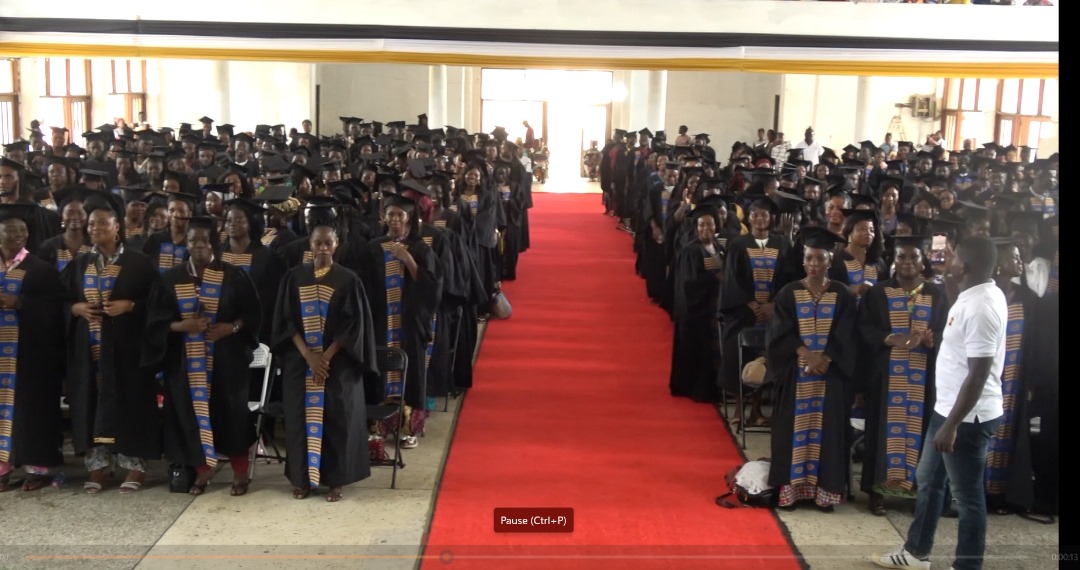
The trade areas include steel bending, interior decoration, event decoration, spraying, bead making, make-up, motor vehicle electricals, motor vehicle mechanics, dressmaking, hairdressing, tailoring, arc welding, gas welding, shoemaking, bakery, cookery, masonry, pastry, carpentry, tiling, general electricals, plumbing, aluminum fabrication, and so on.
For the past two years, under the guidance of the GNPC foundation, these artisans have gone through training to perfect their skills. They were also made to write NVTI examinations, for which certificates were issued to them.
Following a graduation being organized for them, they were provided with various working tools to aid their operations.
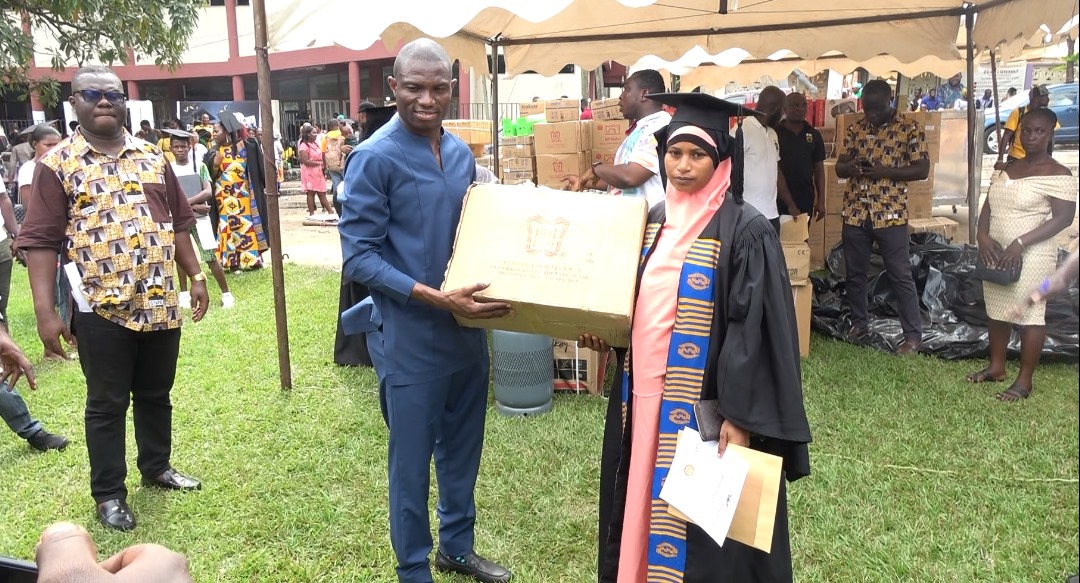
The tools provided included sewing machines, industrial machines, stand dryers, local ovens, cylinders, welding machines, cutting machines, polishing machines, tiler cutting machines, aluminum cutting machines, spraying machines, acetylene and oxygen cylinders, diagnostic machines, gas stoves, local oven cylinders, bench grinders, metal cutting machines, and hacksaw frames, among others.
The executive director of the GNPC Foundation, Dr. Dominic Eduah, stressed in an interview with the media that his outfit considers the initiative an essential component since it has the potential to transform the lives of these artisans for good.
“I think that at GNPC Foundation, this is the most important program among all the programs we are handling. This has to do with direct benefit and impact, and it touches me so much. So I sometimes even get emotional when I’m talking about it. If you happen to listen to some of the stories of the graduates, you will understand where I’m coming from. We give special attention to this program, and it will continue. In fact, in the central region, my board chair himself made the pronouncement that we will continue this program with another ten thousand candidates, starting next year,” he noted.
Dr. Dominic Eduah is thus urging various artisans to take the bold step of writing relevant examinations in their field after acquiring the training. He says that will help boost their operations and widen their market reach since they will be certified.
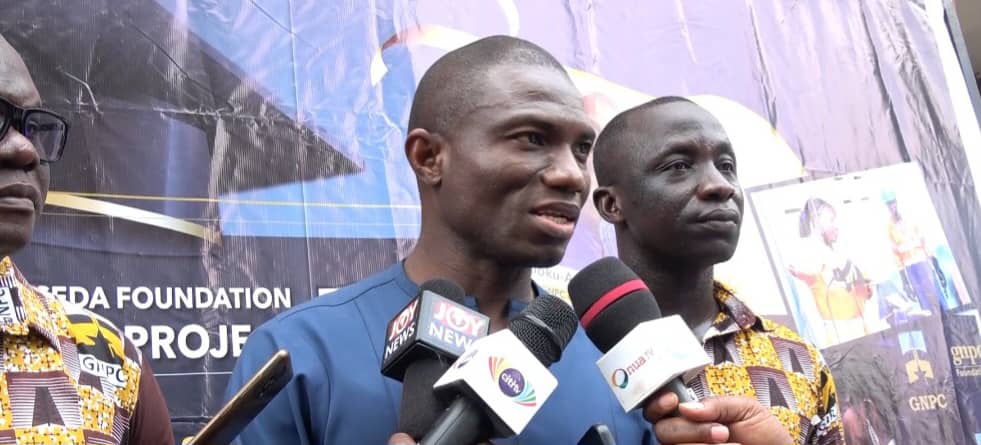
“This is a special program designed for them. We were supposed to graduate 500 candidates, but we are here with 389, simply because they go through all the stages but run away during the exam period. But this is a special exam designed by NVTI to ensure that they are certified. So we will plead with parents to talk to them for us. We are not here to take them through essay writing and multiple-choice questions. This is for you to prove what your hands can do. We hope that next time we will not get this huge reduction when it gets to the exam period.”
For the various artisans who successfully passed the NVTI exams, they have described the initiative as a life-changing one.
“This is not the first time such training has been organized. The earlier one trained only apprentices, after which they were given the needed tools to work with, but this particular one included both apprentices and masters. The prices of tools have gone up, so this initiative will really help me cut down on costs and also help me do my work with ease. The toolkit contains everything needed for my work, so the stress associated with acquiring tools has been taken care of,” an auto mechanic, Charles Boateng, stated.
“The sewing machine I have received will help boost my work, and I will also be able to train others who want to learn how to sew. During the training, I discovered new techniques that are of greater help in my work as a tailor,” Samuel Sarpong, a tailor, also noted.
Another tailor, Abed Brefo, described the support received as a significant one that will make a huge impact on his life.
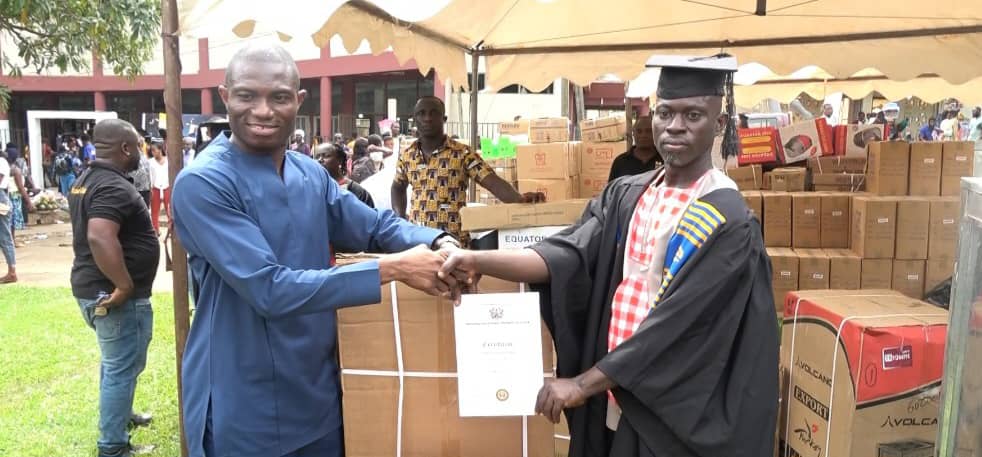
“I have been given an industrial machine worth GH¢3,800. I’m going to help my apprentices who do not have machines to work with. They will get a machine to work with to make their work easier,” Abed Brefo stressed.
On his part, Atta Amankwa, a welder, expressed excitement, saying the tools he has been provided with will make his work much easier.
“The welding machine is worth GH¢2000, and I am glad that I now have a personal one to work with. It will save me the stress of going to the magazine for my welding work. This will make my work easier and also boost my business,” Atta Amankwa said.







